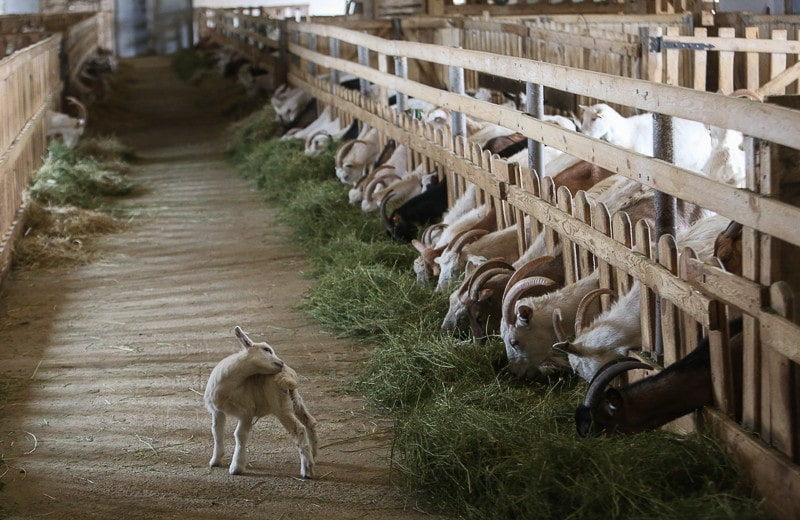For many, the idea of starting a small farm is exciting. You might live in a city and have access to land, making it ideal for selling those organic vegetables to people who can’t usually access something so fresh. Or maybe you’re just starting out looking for the farm of your dreams. Here are a few things to consider for your farm business.

Learn
Like everything in life, you have to learn about something before you do it. Although trial and error can really be beneficial, farming isn’t one of those areas. For example, if you don’t know the difference between some oil pumps, you might get the wrong one, click here to learn more about oil pumps. You need to know the correct way to raise sheep, and what’s the best way to get the most yield for the space that you have. Which months are the best for radishes and how expensive are goats? Which tractor will be best for you? There is a lot to learn about.
The Type of Farm
Are you thinking about a hobby farm, Homestead, or a small farm business? You’re going to have to do some soul-searching because once you’re dedicated and have planted the seeds and purchased the animals, you’re all in. Running a small farm, as a business, and having a Homestead do go hand-in-hand.
Because you can learn the ropes and sell excess fruits, vegetables, and animal meat or byproducts if you feel like it.
Business Planning
You will have to decide whether the small farm is growing food for your own consumption, and then selling the excess, or with the idea that you will always have plenty, and take them to farmers markets, local restaurants, and other distributors.
Will you put your produce into fresh produce boxes, the type to get delivered on a Sunday morning filled with local fresh fruits and vegetables? Take time to write your business plan, it will be one of the most essential things in the run-up to launching your farm produce business.
Talk
All businesses are competitive, but you need to have conversations with people who live it now. They will be able to tell you the most difficult things they go through, what sells what doesn’t and the actual cost of keeping your farm running every week. From purchasing the right tractor, making sure that you plant your seeds in the right season, all of it’s going to matter.
Design
If you haven’t already purchased land or your farm, you have the luxury to make notes and write ideas down. For example, what kind of layout do you see in the green fields? Do you see sheep on one side and rhubarb on the other, would you like a small gaggle of goats, pigs, or maybe your entire field is filled with broccoli. Do you like the idea of specializing in one item like an alternative crop that isn’t usually found in the shops, or will you be doing a little bit of everything to cover a larger piece of the market?
Starting a farm business can be a complete labor of love, but when your vegetables start sprouting and going off to new homes in restaurants and served upon the plates of happy customers, you’ll know that your hard work has paid off.
Leave a Reply